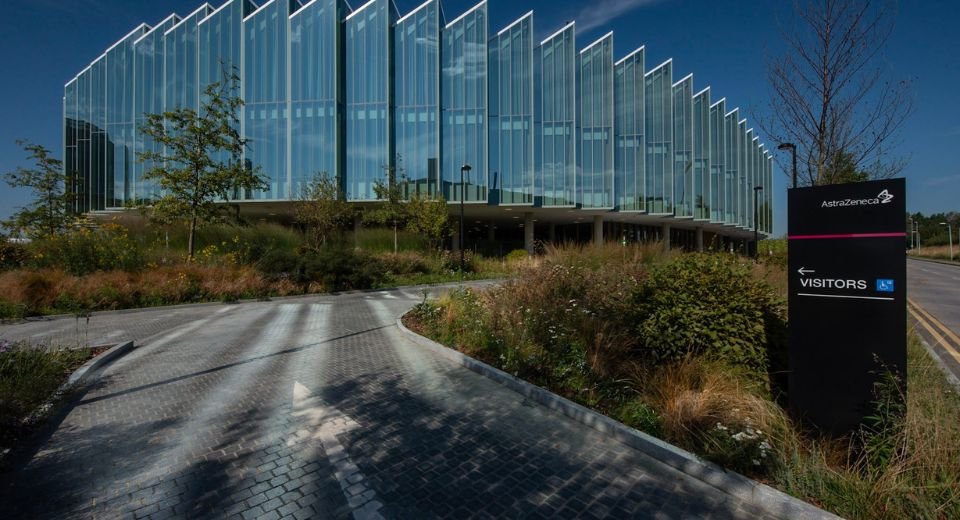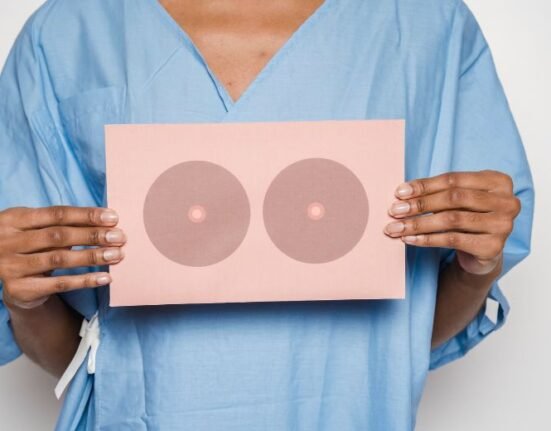HQ Team
January 18, 2025: AstraZeneca Plc.’s antibody-drug conjugate for treating a certain type of breast cancer got approval from the US drug regulator, the company stated.
Datopotamab deruxtecan, branded as Datroway, to treat patients with for the treatment of adult patients with unresectable or metastatic hormone receptor (HR)-positive, HER2-negative, was greenlighted by the US Food and Drug Administration.
Patients must have received prior endocrine-based therapy and chemotherapy for the unresectable or metastatic disease before undergoing the treatment.
An antibody-drug conjugate is a targeted medicine that combines a monoclonal antibody with a drug.
The antibody binds to specific proteins in cancer cells, delivering the drug directly to the cells. The drug then kills the cancer cells without harming other cells.
‘New alternative’
“Despite considerable progress in the HR-positive, HER2-negative metastatic breast cancer treatment landscape, new therapies are still needed to tackle the frequent and complex challenge of disease progression after endocrine and initial chemotherapy,” said Dave Fredrickson, Executive Vice President, of Oncology Haematology Business Unit, AstraZeneca.
“The approval of datopotamab deruxtecan, a novel TROP2-directed antibody-drug conjugate, marks a major therapeutic milestone and provides patients with metastatic breast cancer a new treatment alternative to conventional chemotherapy.”
Datroway is the eighth new medicine of the 20 AstraZeneca has set out to deliver by 2030.
It is the first approval in the US for the medicine that the British-Swedish AstraZeneca is jointly developing with Daiichi Sankyo.
Risk of disease progression
The nod came after the trial results, which showed a 37% reduction in the risk of disease progression or death compared to chemotherapy.
“With this first approval of Datroway in the US, we continue to deliver on our ambition for antibody-drug conjugates to improve upon and replace conventional chemotherapy to treat multiple cancers,” said Ken Keller, Global Head of Oncology Business, and President and CEO, of Daiichi Sankyo, Inc.
The trial results showed a median progression-free survival of 6.9 months in patients treated with Datroway compared to 4.9 months with chemotherapy.
Caitlin Lewis, Senior Vice President of Strategy & Mission, Living Beyond Breast Cancer, said: “Only one in three patients with metastatic HR-positive, HER2-negative breast cancer live more than five years following diagnosis, highlighting the urgent need for additional effective therapies.”
Regulatory submissions for Datroway for breast cancer are under review in the EU, China and other regions.
Endocrine therapy
In the US, more than 300,000 cases of breast cancer are diagnosed annually. While survival rates are high for those diagnosed with early breast cancer, only about 30% of patients diagnosed with or who progress to metastatic disease are expected to live five years following diagnosis.
Approximately 70% of diagnosed cases are considered what has been historically called HR-positive, HER2-negative breast cancer.
Endocrine therapies are widely given consecutively in the early lines of treatment for HR-positive metastatic breast cancer.
Global pact
However, after initial treatment, further efficacy from endocrine therapy is often limited. The current standard of care following endocrine therapy is chemotherapy, which is associated with poor response rates and outcomes.
AstraZeneca and Daiichi Sankyo entered into a global pact to jointly develop and commercialise Datroway in July 2020, except in Japan, where Daiichi Sankyo maintains exclusive rights for each antibody-drug conjugate.
Daiichi Sankyo is responsible for the manufacturing and supply of the medicine.








